Some Thoughts on Five Pending AI Litigations – Avoiding Squirrels and Other AI Distractions
Velocity of Content
MARCH 16, 2023
After all, while we are pondering the weighty issue of future ownership, we are not focusing on the fundamental issue of wholesale copying of works to train AI in a wide variety of situations. This, of course, could be an accident based on true intellectual curiosity, but I do not believe it.

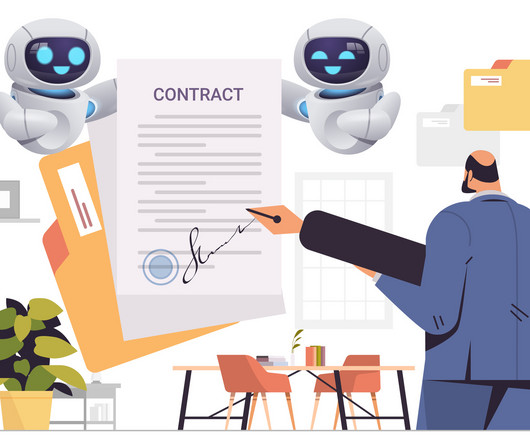
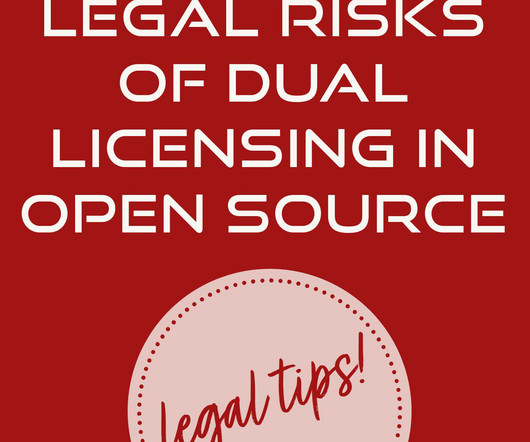

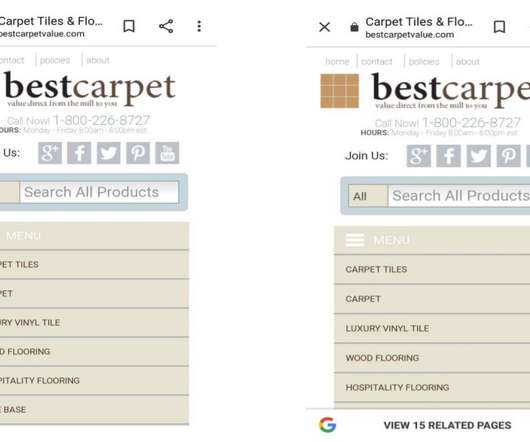
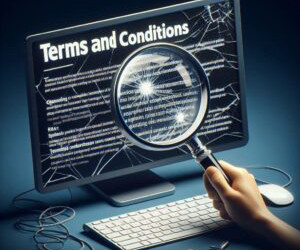




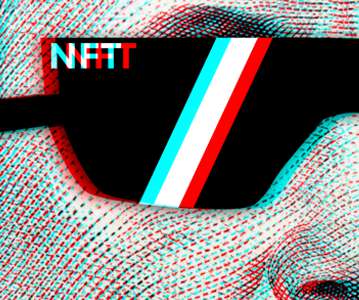










Let's personalize your content